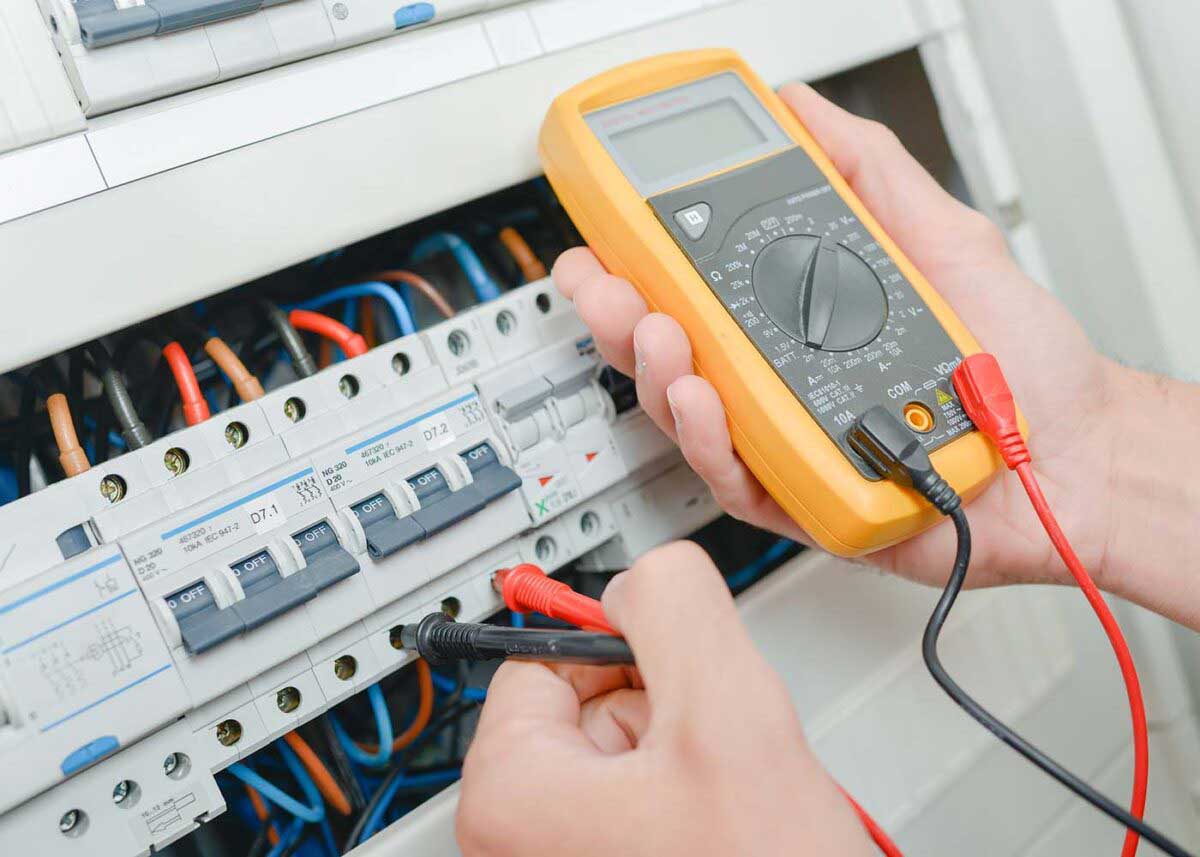Electricity is a vital but potentially hazardous resource, and ensuring its safe usage is paramount in both residential and commercial settings. Electrical safety inspections play a crucial role in identifying and mitigating risks associated with electrical systems, preventing accidents, fires, and property damage. Below we’ll explore the significance of electrical safety inspections, their key objectives, and the essential steps involved in conducting them.
Ensuring Electrical Safety: The Importance of Regular Safety Inspections
The Importance of Electrical Safety Inspections
- Preventing Accidents: Electrical faults, such as faulty wiring, overloaded circuits, and damaged appliances, can lead to electrocutions, shocks, and fires. Regular inspections help identify these hazards early on, preventing accidents and protecting occupants from harm.
- Compliance with Regulations: Regulatory authorities impose stringent requirements for electrical installations to ensure public safety. Conducting periodic inspections helps ensure that electrical systems comply with relevant codes, standards, and regulations, avoiding fines and legal liabilities.
- Protecting Property: Electrical fires can cause extensive damage to buildings, equipment, and valuables. By identifying and addressing potential fire hazards through inspections, property owners can minimize the risk of fire-related losses and disruptions.
- Maximizing Efficiency: Inefficient electrical systems waste energy and drive up utility costs. Inspections help identify energy-saving opportunities, such as upgrading to energy-efficient lighting, optimizing equipment settings, and eliminating power wastage due to faulty connections or equipment.
Key Objectives of Electrical Safety Inspections
- Identify Hazards: Inspectors carefully examine electrical components, including wiring, outlets, switches, and appliances, to identify any signs of damage, wear, or malfunction that could pose safety risks.
- Assess Compliance: Inspections verify whether electrical installations adhere to applicable codes, standards, and regulations, ensuring that they meet minimum safety requirements and performance criteria.
- Test Protective Devices: Inspectors test the functionality of protective devices such as circuit breakers, ground fault circuit interrupters (GFCIs), and surge protectors to ensure they operate effectively in the event of electrical faults or overloads.
- Recommend Remedial Actions: Based on their findings, inspectors provide recommendations for addressing identified hazards and improving the safety and efficiency of electrical systems. This may include repairs, upgrades, or modifications to existing installations.
Essential Steps in Conducting Electrical Safety Inspections
- Visual Inspection: We visually examine electrical components for signs of damage, corrosion, overheating, or improper installation, both indoors and outdoors.
- Testing and Measurement: We use specialized equipment to perform electrical tests and measurements, including voltage measurements, insulation resistance tests, and ground fault detection, to assess the condition and performance of electrical systems.
- Documentation: We document our findings, including observations, test results, and recommendations, in detailed inspection reports. These reports serve as valuable records for property owners, insurers, and regulatory authorities.
- Actions: We promptly address any identified hazards or deficiencies highlighted in the inspection report, by undertaking necessary repairs to rectify the issues.
Electrical safety inspections are essential for identifying and mitigating risks associated with electrical systems, protecting lives, property, and assets. By conducting regular inspections and addressing identified hazards promptly, property owners can ensure compliance with regulations, prevent accidents, and maintain a safe and efficient electrical infrastructure. Remember, prioritizing electrical safety is not just a legal obligation but also a moral imperative to safeguard the well-being of occupants and communities.
On completion of all jobs we issue the relevant certification whether it be an electrical safety certificate to the client , or a preliminary notice & notice of completion to energy safety.
We can also do pre purchase checks of properties and the checks required in relation to RCD’s & smoke alarms when selling or leasing a property.


